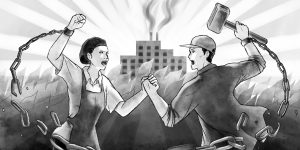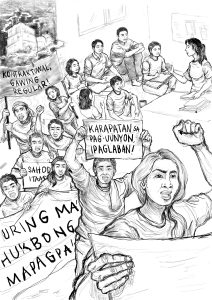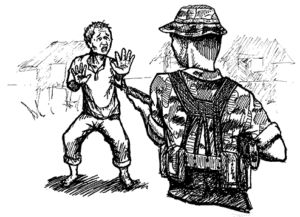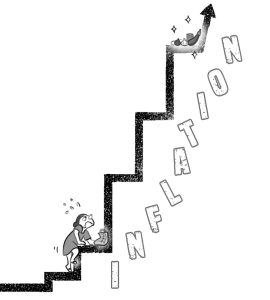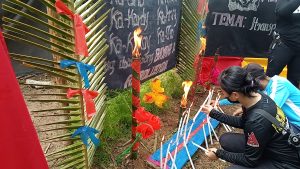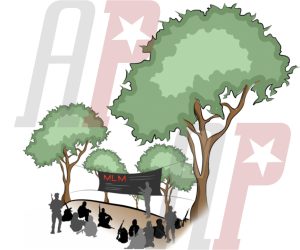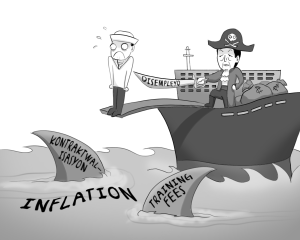Correspondence Landlessness of Surigao del Sur farmers

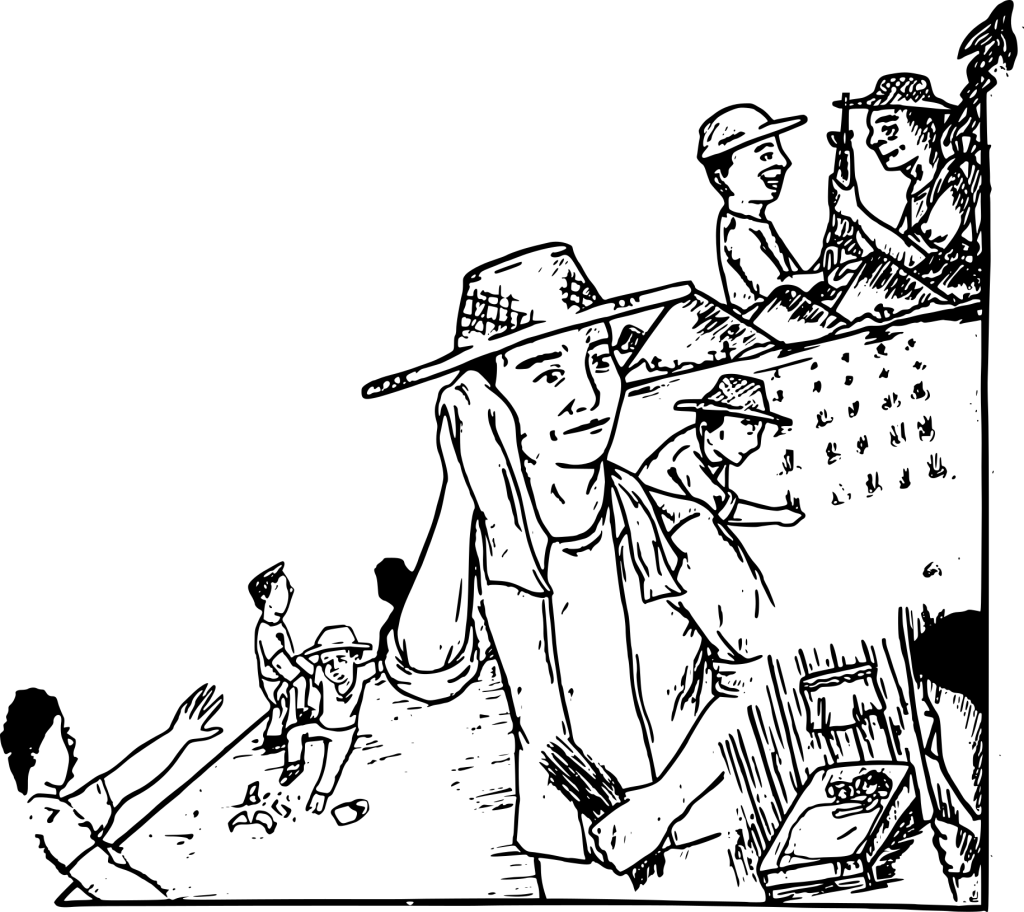
Rice farmers in Surigao del Sur are deep in debt due to the high cost of production. The price of fertilizer, pesticide and petroleum products have risen but farmgate prices remain unchanged. Moreover, a large part of their income goes to land rent in the form of exploitative sharing schemes between them and landlords. The lack of land remains the greatest factor in their losses and suffering.
Landlord-tenant relationship
Tatay Bebot is a rice tenant. He has been cultivating a 2-hectare land for thirty years. He divided the land into 12 parcels and harvests 40 sacks per planting cycle.
A 50-50 sharing scheme exists between Tatay Bebot and the land owner. Tatay Bebot shoulders all the costs of production. This is the most exploitative sharing scheme in the province where a 70-30 scheme in favor of the tenant already exists, and 50-50 scheme, where the landlord pays for the cost of production. He could not complain for fear that he might get replaced as tenant.
In the last harvest, he earned ₱40,000 with palay bought at ₱1,000 per sack or ₱20 per kilogram. Under the 50-50 sharing scheme, he had to pay over ₱20,000 to his landlord as land rent.
During each planting cycle, Tatay Bebot spends ₱10,500 to pay for the farm workers he employs for land preparation, sowing, planting, repairing dikes up to harvesting. He purchases seeds at ₱1,000 per sack. He spends ₱4,500 for pesticide. Fertilizer costs him ₱3,200. All in all, his expenses amount to ₱27,500 or ₱222.2 per day for a 90-day cycle. Not only does Tatay Bebot earn nothing, he ends up having to pay more.
“It is not enough,” he said. “The income, everything goes to farming expenses. We only persevere and borrow money from our landlord.” Like other tenants, they end up mired and unable to rise from unpayable debt.
He once dreamed of having his five children finish school. But because he always loses every harvest, he now thinks of asking them to stop schooling to help in the farm.
Away from “simple life”
Behind the romanticized “simple life” in the countryside is the extreme suffering of farmers, farm workers and their families.
In Tatay Bebot’s case, he needs a daily minimum of ₱575 to cover only rice, viand and salt, his children’s transportation costs and hygiene necessities such as soap and toothpaste.
In addition are the costs from time to time for children’s school projects, cigarettes, cellphone load and more. He has no savings for emergency expenses such as illnesses. He will have nothing left if his farm gets destroyed by strong storms which often pass through their province.
To keep up, Tatay Bebot also works as a tenant in other farms, as a construction worker and sometimes engages in fishing. He earns not more than ₱300 from toiling the whole day from these jobs.
“Of course, like everyone else, I dreamed of having my own land so that I could somehow earn from the farm work I do,” he said.
Genuine agrarian reform
Reforms in the sharing system are continually being pushed in the province, from the 50-50 and 70-30 sharing scheme to 75-25, in favor of the farmer. This is to alleviate the suffering of the tillers of the land as they fight for their right to the land.
Through collective action of peasants in the past, they have realized their demand for higher farmgate prices of palay, copra and hemp, principal crops in the province. The price of commercial wood has also been raised.
At the same time, farm workers have pushed for increases in their daily wages up to ₱350-₱400 from a very low ₱150-₱200. They also won their right to free lunch and snacks.
Today, these campaigns are being reinvigorated alongside the fight against the intense militarization of major parts of the province marked by arrests, detention and murder of peasant leaders.

